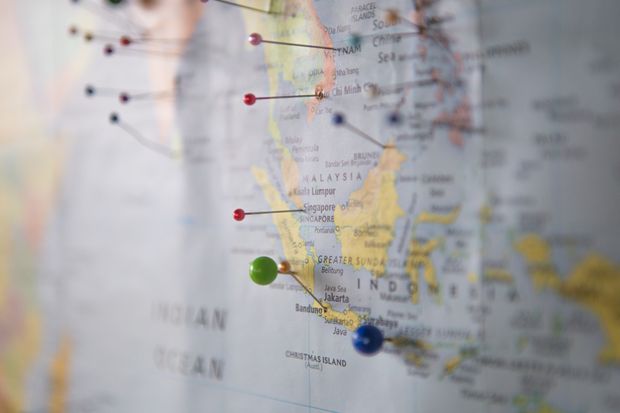Given that Earth is our home in the universe, you'd think that more people would be good at geography. Unfortunately, however, beyond our own home towns and states, many people are utterly clueless. (No, George B., Africa isn't a country.)
Why is this the case?
Probably because there is, literally, an entire globe's worth of continents, countries, capital cities, and currencies to learn, which can feel overwhelming. But that ends today because the team here at Brainscape has put together these top six principles for learning geography more efficiently.
So, whether you're preparing for an actual exam or just want to expand your general knowledge about the world, here are the tools you need to quickly and efficiently master geography.
[P.S. Brainscape's collection of certified and user-generated flashcards are the most efficient way to drill yourself on the facts so check them out, find the region you're interested in learning about, and get started!]
1. Start with a master overview of planet Earth
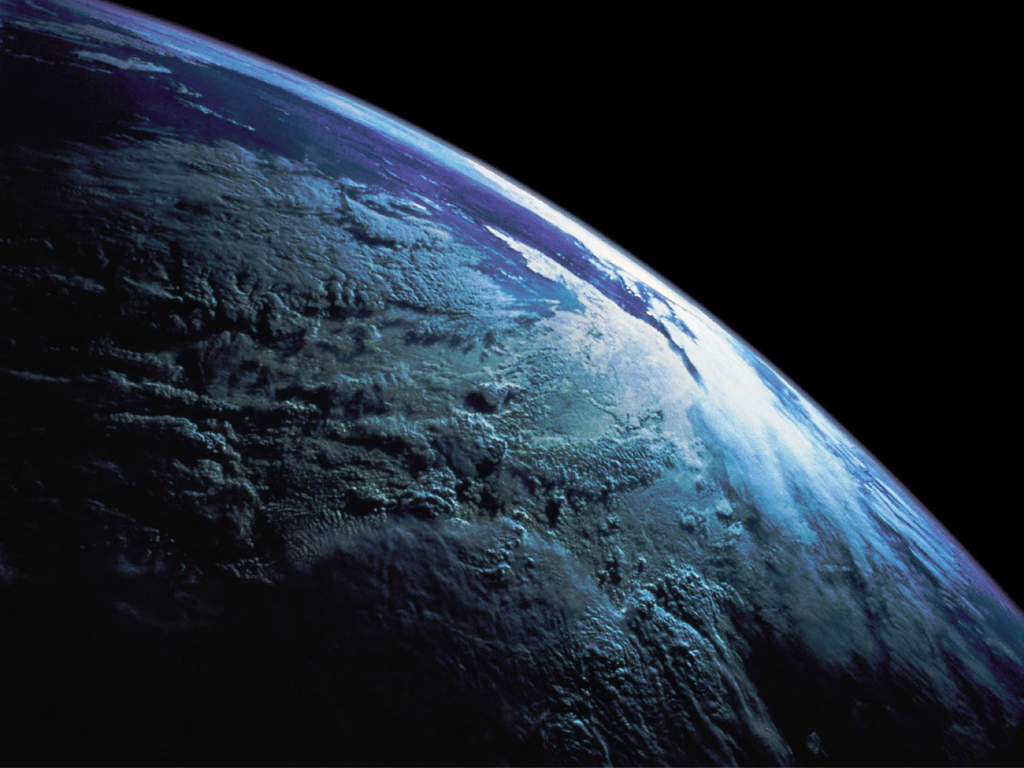
Start your geography learning at a high level. Approximately 350 miles high that is: high enough to see the world's major landmasses (continents), oceans, islands, and seas. This is your starting point.
Now, many of you reading this can pick out Asia, Africa, North and South America, Australia, Europe, and Antarctica on a map. Maybe you can even point out the Pacific, Atlantic, and Indian Oceans. But do you know where the Red Sea is? Or the Southern Ocean? How about the island of Madagascar? Or Papua New Guinea?
Learn the names of the globe's key land masses and oceans, including seas, islands, and even large lakes, and you'll have achieved an enormous milestone in learning geography. These major features will then become the foundations for the more detailed learning you do as you progress.
Pop quiz! Why does Antarctica qualify as a continent but the Arctic doesn't?*
*Find the answers to this question (and the four others in this article) at the end!
2. Begin local and work your way outwards
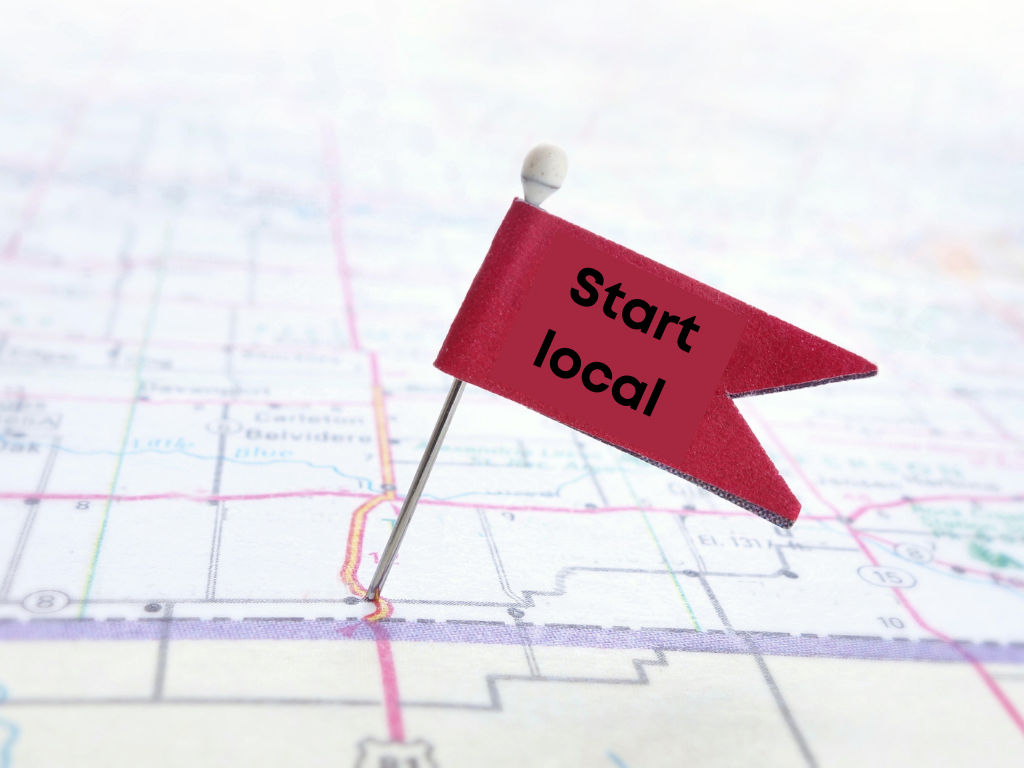
Once you have a master overview of the planet, draw in your attention to your own country or state. Chances are the place you live has the most informational context for you PLUS it's the most relevant to you, so your brain will already be primed to absorb that information like a sponge.
"I've been living here my whole life, I already know all there is to know about this place."
Fair enough ... you might know how to navigate your city's streets but do you know the name of its surrounding mountain ranges and rivers? Do you know the capital city of your country and its primary industries? Do you know the name of all your neighboring countries and states and their capital cities? Or, if we're to get really nerdy, how about your state/country's national animal, bird, fish, and tree?
You'd be amazed how little people really know about their own town's geography, so there's your challenge: master your home's geography—start local—and then expand outwards. And again because this information has the most context and is the most relevant to you, you'll probably progress quickly.
Pop quiz! What's the national animal of Canada (eh)?
3. Follow your curiosity

If you're learning geography because you want to expand your general knowledge, one of the most important tenets you should follow is to allow your natural curiosity to guide you. As I've said before, geography is an ENORMOUS subject with more rabbit holes than a vegetable patch so it's not hard to quickly become overwhelmed.
So, once you've gotten that high-level picture of the globe and its major features, and learned more about your home's geography, it's now time to follow your curiosity.
What does that look like? Well ...
- What countries or cities in the world interest you? (If you dream about going on safari in South Africa, research its major game reserves and the names of nearby cities; look into the animals you might expect to see, as well as the tribal history of those lands; and research the currency and approximate costs, etc.)
- Where have you traveled before? (If you've been to Thailand, take a trip down memory lane by locating the cities you visited on a map, then learn the names of the various provinces, surrounding countries, and water masses. What were some of the national dishes you tried? Do you remember the flag?)
- Where do you want to travel to next? (If you've got a trip booked to Hawaii, learn the names of its islands, mountains, and major rivers; read up about its history and people; learn what they farm there and the national dishes you should try when you're there, etc.)
- What naturally piques your interest? For example: if you're a history buff, start with the story of that country's political, social, and economic past. Or if you're a nature lover, start with a country's key topographical features like mountains and waterways, and progress on to wildlife, birdlife, and vegetation.
The goal of ALL of this is simple: use your curiosity to guide you through your geography studies. This will most certainly keep you more engaged than trying to force yourself to learn about places and things that don't naturally interest you.
Of course, if you're learning about geography for school or college, you'll need to be more disciplined in your approach and in that case, I have the PERFECT must-read for you: 'How to study effectively: The ultimate guide', which will equip you with all the tools you need to ace your next geography exam.
Pop quiz! What body of water borders Thailand to the south and east?
4. Use world events and news headlines to guide your study
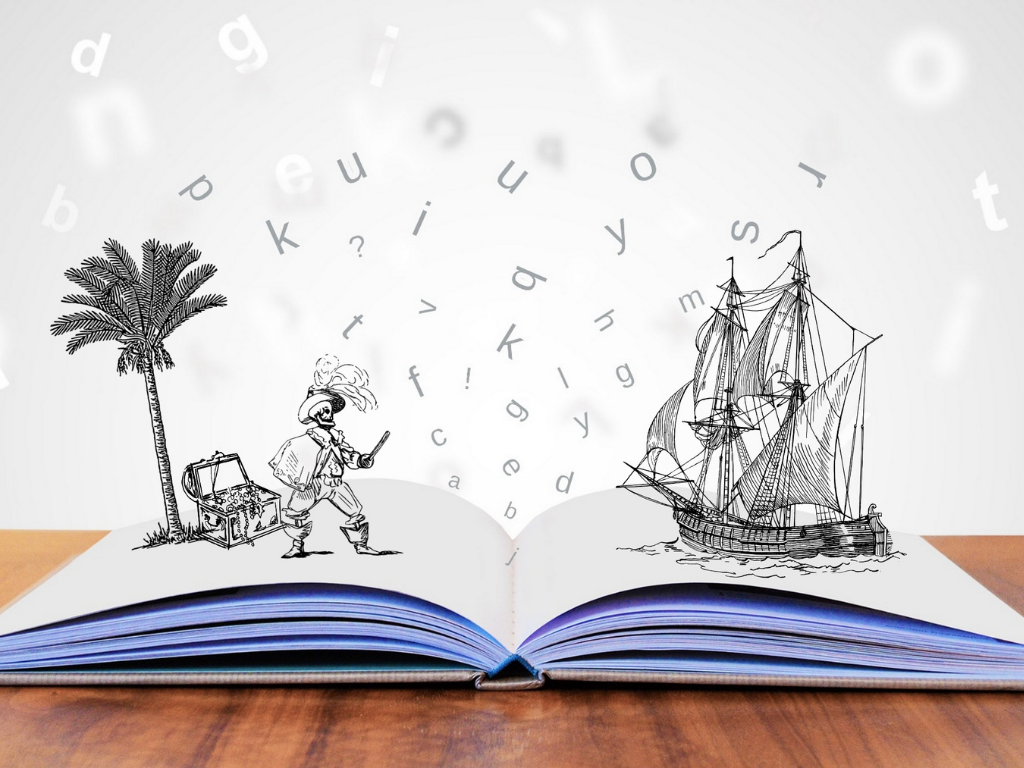
Just trying to rote memorize the names of countries and cities around the world is, while perfectly doable, not all that enjoyable for learning. That is, unless you are studying for an exam, in which case you should leverage the hyper-efficient learning power of Brainscape's certified collections of adaptive flashcards for:
- GSCE Geography: 950+ flashcards covering the content tested by Papers 1 and 2 of the AQA GCSE Geography exam.
- Global History & Geography Regents: 380+ flashcards covering the content tested by the New York state examination.
- World Geography: 1,050 flashcards covering the jigsaw puzzle of countries and capital cities that comprise the Earth’s landmass, as well as the flags and currencies that give these places a sense of identity and pride.
- U.S. Geography: 220+ flashcards covering the United States map, its states, capital cities, and landmarks.
But if you're learning for interest's sake, our next tenet is to use global news events and headlines to open up new lines of inquiry within your brain. This will encourage you to investigate the geography of countries you may have never considered before.
For example, remember that massive explosion in Beirut, Lebanon in 2020? What did you know about this country before? Could you locate it on a map? What does Beirut look like? What major religion is practiced there? What countries surround Lebanon? Etc.
Or how about 2017's Hurricane Maria, which just about wiped Puerto Rico off the map. Where is Puerto Rico, what is its capital city, and what are some of the names of its neighboring Caribbean islands?
Then there's the 2022 Olympic Games in Beijing. Where in China is Beijing, and in what province? What about the names of China's other provinces and cities? Or even mountains and surrounding bodies of water?
Do you see where I'm going with this? Use current events and news headlines to learn about world geography! Just make sure you create flashcards in Brainscape for the facts you learn along the way so that you can review them at just the right intervals to remember them.
Pop quiz: What's the tallest mountain in China?
5. As much as possible, use maps and images to visualize
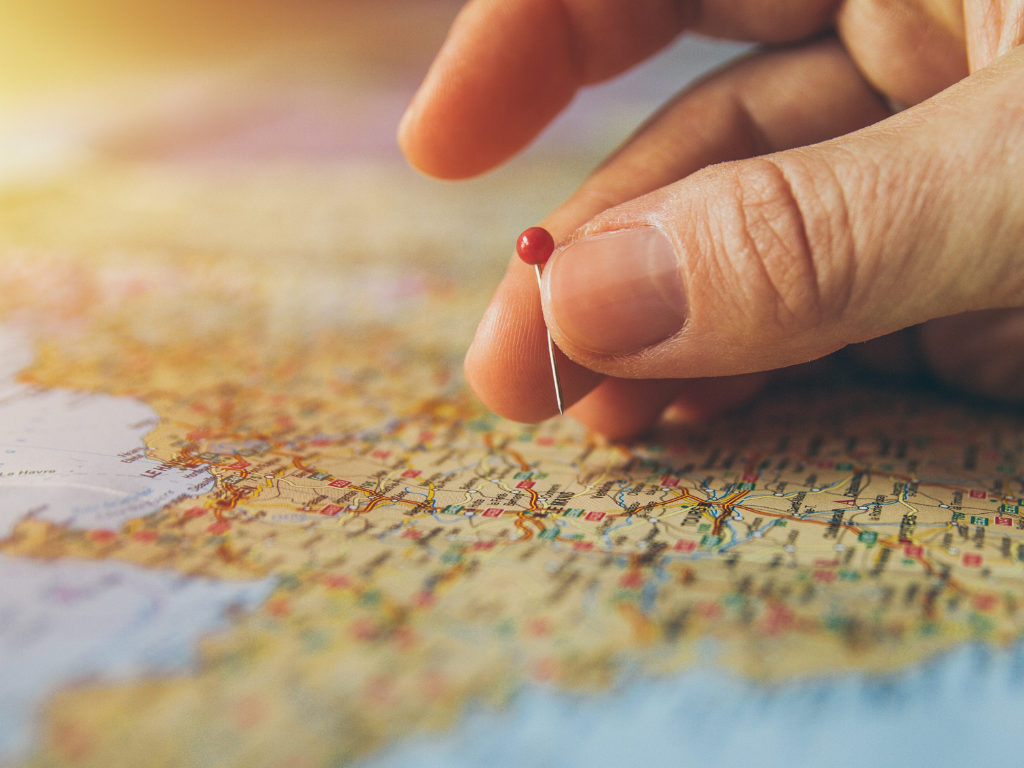
Our penultimate tip revolves around visualization, a powerful mental technique used by successful people, from elite athletes and entrepreneurs to, well, YOU! (And other test-takers like you.) But how does visualization relate to geography? Well, being able to visualize what you're learning establishes much more powerful memory traces than merely reading black-and-white text.
If you're learning about the geography of the United States, make sure you have a map in front of you so that you can see the distribution (and size) of the states. If you're learning about the Amazon, look at a map of its immense network of rivers and tributaries; and perhaps some photographs, too! And if you're learning about the geography of Russia, go on a journey of its landscapes, people, and culture using maps and images.
Using visual cues not only makes your learning more interesting, but your brain, which is hardwired to remember images more than text, will hold onto the facts for longer.
Pop quiz: What are the three most populous cities in Russia?
6. Use flashcards to drill yourself on the facts
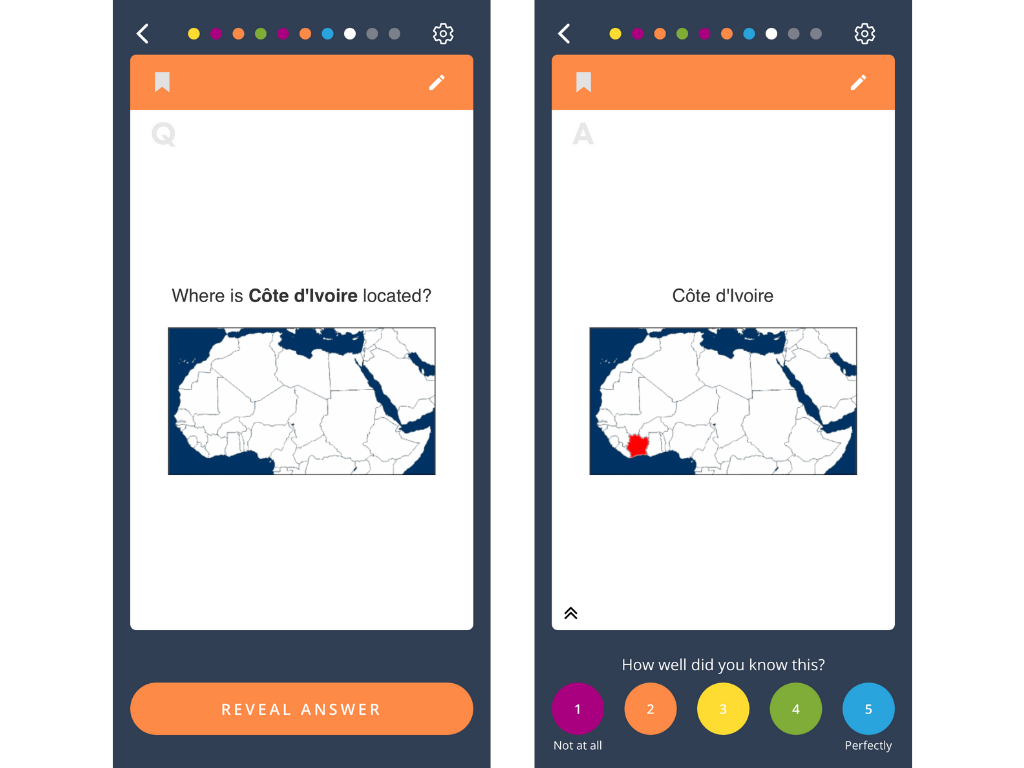
Much of the advice we've provided until this point has been aimed at casual geography learners but even for them (and definitely for serious learners), there'll come a time when you'll need to drill yourself on the facts if you want to remember them. And, by a million miles, the very best and most efficient learning tool for this is Brainscape's adaptive flashcards, which are delivered via a sophisticated spaced repetition algorithm.
Our flashcards leverage the way your brain is hardwired to remember information, to help you learn more efficiently. Now, while you can always make your own personalized collection of geography flashcards, you can also check out Brainscape's pre-made range of online geography flashcards, which you study in any web browser or mobile device.
Alternatively, if you really just want to learn the most key geography facts to win your next pub quiz, check out our Knowledge Rehab collection!
A final note on learning geography
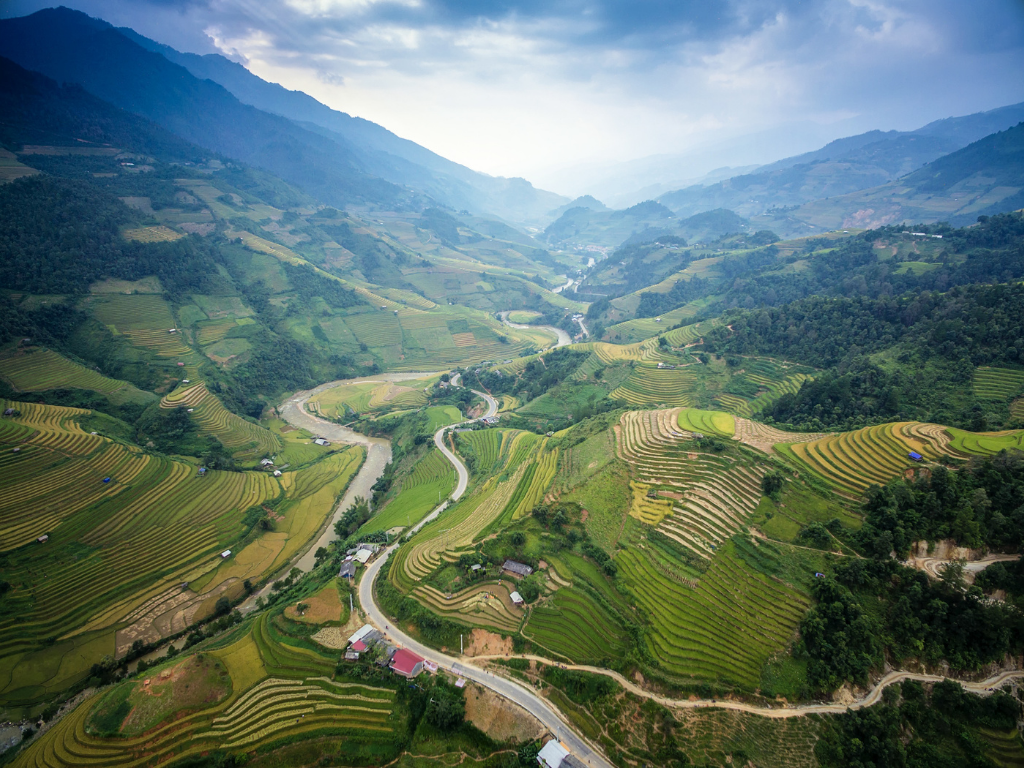
So, there you have the six most important principles for embarking upon your geography learning journey (and doing so efficiently):
- Start with a master overview of planet Earth
- Begin local and then work your way outwards
- Follow your curiosity
- Use world events and news headlines to guide your study
- As much as possible, use maps and images to visualize
- Use flashcards to drill yourself on the facts
So now all that's left to say is: happy travels, intrepid explorer! May the tools we've provided in this guide help you to rise to the challenge of geography.
Pop quiz answers:
Why does Antarctica qualify as a continent but the Arctic doesn't? — Beneath all of Antarctica's ice and snow is solid rock. The Arctic is made only of ice.
What's the national animal of Canada (eh?) — The beaver!
What body of water borders Thailand to the south and east? — The South China Sea (the Gulf of Thailand is an inlet of this sea)
What's the tallest mountain in China? Mount Everest! This Himalayan mammoth actually straddles the borders between Nepal and China and is a staggering 2,500-feet taller than China's next tallest mountian, Gasherbrum I in the Xinjiang province.
What are the three most populous cities in Russia? (1) Moscow, (2) Saint Petersburg, and (3) Novosibirsk
